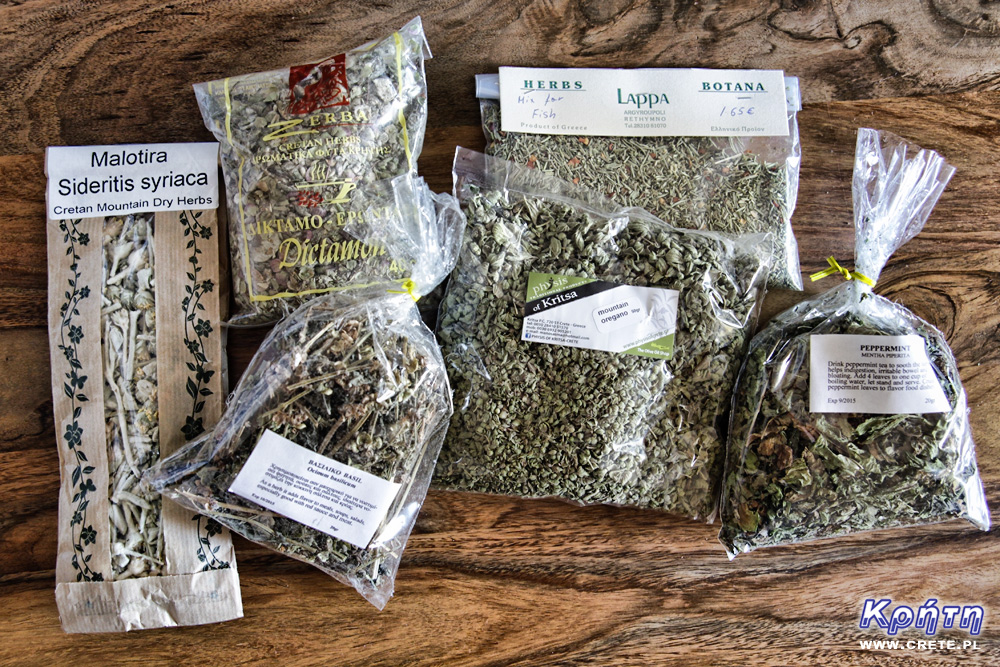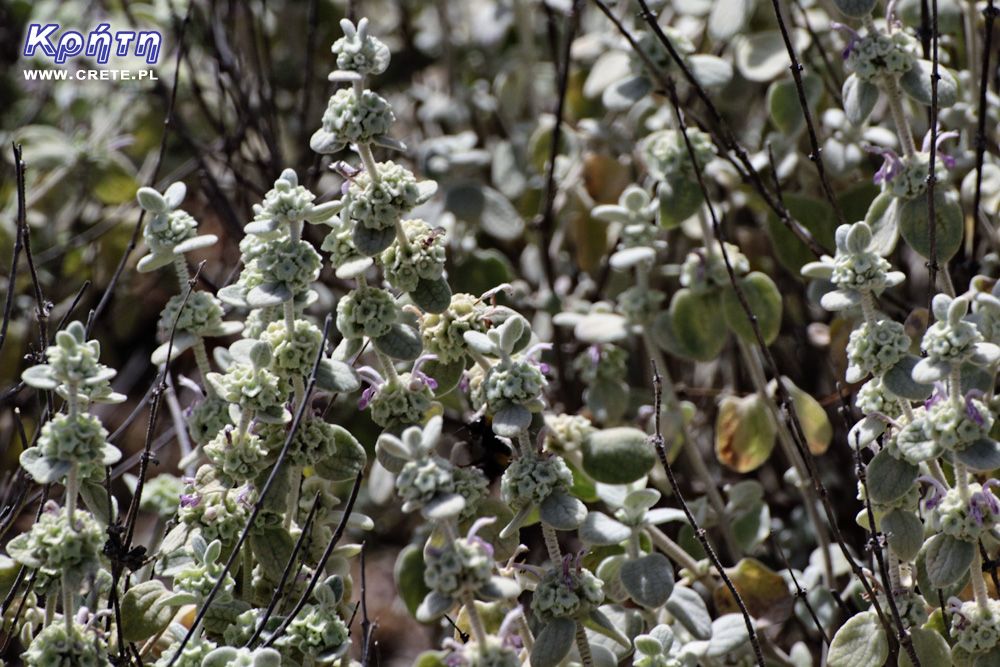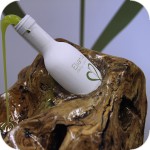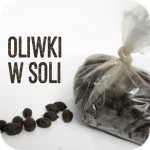
Dried herbs from Crete, which we have described recently, is one of the flagship local products. Unfortunately, apart from the aspect of their high quality and amazing aroma, it is worth noting that their collection also has a negative impact on the flora of Crete. So far, many people involved in the production of dried herbs did so in a way too intense and devoid of restraint. Often the amount of collected herbs was far too big in relation to personal needs. However, the situation may change, because with the beginning of this year, regulations regulating the collection of aromatic herbs in Crete came into force.

The applicable legal regulations introduce restrictions on the maximum weight of dried plants harvested by a single person. The directive (DAD ΒΛ45ΟΡ1Θ-ΥΡ9) issued by the Forestry Office and valid until 2018 specifies this value as 500 g of dried for individual use. Such restrictions are primarily to counteract excessive exploitation of natural vegetation, which is now too much depleted in many places.
Mrs. Polymnia Sklavaki (Πολύμνια Σκλαβάκη), Director of the Lasny of Chania, already notices many positive aspects resulting from the operation of the applicable regulations. One of them is that despite the general reluctance of the Cretans towards all kinds of legal regulations and imposed restrictions, many people report, however, to obtain appropriate permits. Of course, collecting plants is possible only outside protected areas (eg Natura 2000). Also agricultural crops are reported for registration, from which dried herbs are harvested (in such cases, the limitations on the size of the harvest do not apply).

Despite the fact that we are hot fans of Cretan herbs, at the same time we are also hot advocates of the greatest possible protection of areas where they occur naturally. Only a rational way of collecting guarantees that in the next years we will be able to enjoy their flavors and aromas. It is also worth remembering that herbs are not only dried in cuisine and medicine, but also unique Cretan honeys (thyme).
If you are interested in this topic and would like to read the details of this regulation, we suggest you familiarize yourself with its content, which (in Greek) is available at the following address:
https://diavgeia.gov.gr/doc/ΒΛ45ΟΡ1Θ-ΥΡ9
You will also find more information on this topic in this article:
http://www.haniotika-nea.gr/kalliergia-votanon/

One of the biggest novelties that have appeared on the Polish market in the last two years are polyphenol oils originating in Crete and Greece. Last year, we wrote about them twice, but they are still little-known and recognizable products in Poland. For us, this topic has become very interesting, so we decided to look at it even closer. Therefore, we publish further information on polyphenol oils, focusing mainly on the excellent oil Eliama Gold produced by Elli's Farm in Crete.

Today we would like to introduce to you black dried salt olives that we discovered in Paleochora during our last holidays. Their amazing salty and very expressive taste makes them a great addition to various dishes, but they also taste fantastic in the form of a self-made snack. Unfortunately, we do not know if you can get it somewhere in Poland because it is a relatively rare product.

A few days ago, the World Health Organization published a report on childhood obesity. Interestingly, this problem is not only the domain of northern European countries but above all those that are the cradle of the Mediterranean diet. A new WHO report presented at the European Obesity Congress in Vienna pointed out that out of 34 countries in the European region, Cyprus, Greece, Italy, Malta, San Marino and Spain have the highest obesity rate in children from 6 to 9 years. Therefore, being overweight becomes the same problem as in Great Britain.
Komentarze
Wypełnij poniższy formularz aby dodać komentarz